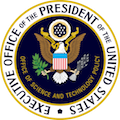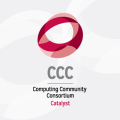
Artificial Intelligence For Social Good
June 7, 2016
The Willard Intercontinental Hotel
1401 Pennsylvania Avenue Northwest, Washington, D.C., DC, United States
Event Contact
Ann Drobnis
adrobnis@cra.org
Event Type
Event Category
There has been a dramatically increasing interest in Artificial Intelligence (AI) in recent years. AI has been successfully applied to societal challenge problems and it has a great potential to provide tremendous social good in the future. In this workshop, we discussed the successful deployments and the potential use of AI in various topics that are essential for social good, including but not limited to urban computing, health, environmental sustainability, and public welfare.
You can join the conversation via Twitter using @compcomcon and hashtags #AI4SocialGood and #FutureofAI.
To watch video recordings of the AI for Social Good workshop visit here.
June 7, 2016 (Tuesday)
| 08:30 AM | Welcome
David Parkes, Harvard University |
| 08:45 AM | Short Talks and Panel: Urban Computing
Dan Hoffman, Montgomery County, Maryland Stephen Smith, Carnegie Mellon University Pascal van Hentenryck, University of Michigan Moderated by Amy Greenwald, Brown Universty |
| 09:35 AM | Short Talks and Panel: Environmental Sustainability
Tom Dietterich, Oregon State University Reuben Sarkar, The U.S. Department of Energy Milind Tambe, University of Southern California Tanya Berger Wolf, University of Illinois at Chicago Moderated by Greg Hager, Johns Hopkins University |
| 10:25 AM | BREAK |
| 10:45 AM | Short Talks and Panel: Health
Eric Elster, Uniformed Services University of the Health Sciences & the Walter Reed National Military Medical Center Henry Kautz, University of Rochester Suchi Saria, Johns Hopkins University Moderated by David Parkes, Harvard University |
| 11:30 AM | Short Talks and Panel: Public Welfare
Roy Austin, White House, Domestic Policy Council Rayid Ghani, University of Chicago Hanna Wallach, Microsoft Research Moderated by Greg Hager, Johns Hopkins University |
| 12:15 PM | LUNCH |
| 12:45 PM | Keynote- Artificial Intelligence in Support of People and Society
Eric Horvitz, Microsoft Research |
| 01:15 PM | Keynote- AI and Criminal Justice: Challenges and Opportunities
Lynn Overmann, The White House Office of Science and Technology Policy |
| 01:45 PM | Adjourn |
Confirmed Participants
To see speaker biographies, please visit this page.
| Eric Horvitz, Microsoft Research Keynote: Artificial Intelligence in Support of People and Society  |
Lynn Overmann, White House Office of Science and Technology Policy Keynote: AI and Criminal Justice: Challenges and OpportunitiesThis text should be invisible and is here 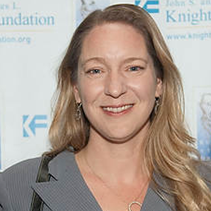 |
| Roy Austin, White House, Domestic Policy Council Criminal Justice, Civil Rights and Big Data 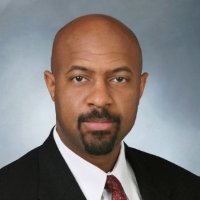 |
Tanya Berger-Wolf, University of Illinois at Chicago Crowdsourcing, Computer Vision, and Data Science for Ecology and Conservation 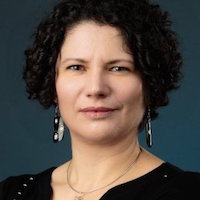 |
| Tom Dietterich, Oregon State University Understanding and Managing Ecosystems through Artificial Intelligence  |
Eric Elster, Uniformed Services University of the Health Sciences Surgical Critical Care Initiative: Bringing Precision Medicine to the Critically Ill 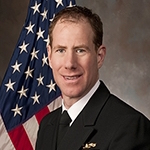 |
| Dan Hoffman, Montgomery County, Maryland The Interface between People and Their Government  |
Rayid Ghani, University of Chicago Doing and Teaching Data Science for Social Good: Challenges, Opportunities, and Lessons Learned  |
| Henry Kautz, University of Rochester Mining Social Media for Public Health 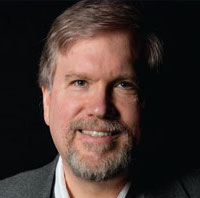 |
Reuben Sarkar, The U.S. Department of Energy Getting SMARTer on Future Mobility and Energy 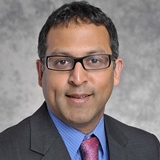 |
| Suchi Saria, Johns Hopkins University Making ‘Meaningful Use’ Meaningful  |
Stephen Smith, Carnegie Mellon University Smart Infrastructure for Urban Mobility 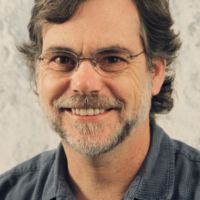 |
| Milind Tambe, University of Southern California Green Security: How AI can help protect endagered wildlife, fish, forests 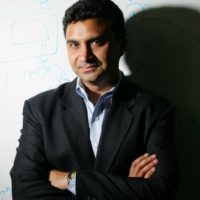 |
Pascal Van Hentenryck, University of Michigan Reinventing Mobility with Artificial Intelligence  |
| Hanna Wallach, Microsoft Research Big Data, Machine Learning, and the Social Sciences 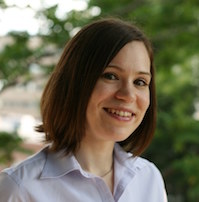 |
Organizing Committee
Ann Drobnis, Computing Community Consortium
Fei Fang, University of Southern California
Edward W. Felten, White House Office of Science and Technology Policy
Amy Greenwald, Brown University
Gregory D. Hager, Johns Hopkins University
Terah Lyons, White House Office of Science and Technology Policy
David C. Parkes, Harvard University
Jason Schultz, White House Office of Science and Technology Policy
Stephen F. Smith, Carnegie Mellon University
Milind Tambe, University of Southern California
Sponsors

